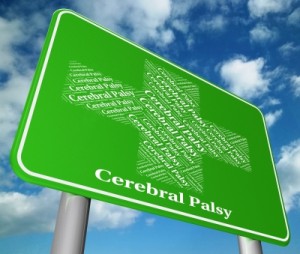As a parent, all you want is to see your child succeed in their life. If your child suffers from a brain-based issue or disorder, daily functioning becomes more difficult which can burden families. Brain-based issues can include everything from anxiety and depression to learning disabilities to behavioral issues. Parents often struggle to find the right course of treatment to ensure that their child can grow up to be a well-adjusted adult and experience academic, career, and personal success. Success in the formative years of their youth is crucial. If your child is struggling to succeed, neurofeedback may be the treatment of choice, and here’s why.
by Dr. Jolene Ross
“Jessica’s* eye turns way out to the side”,her mother told me. “She is supposed to have surgery for it in a couple of months.” Jessica’s mother looked very nervous, but believed that surgery was the only possible solution for this problem.
“Give me a little time.” I replied.
Diagnosing a child with a learning disability can be difficult considering all children learn at their own pace. However, all parents should be keeping a close eye on their children’s studies and grades to examine if they are exhibiting symptoms indicative of a learning disability. In fact, fifteen to twenty percent of the population has a reading disability. Dyslexia is a learning disability affecting both oral and written language abilities, affecting both males and females equally. Children inherit genetic links, so if you have a learning disability, it is not unlikely your child may as well.
Children who struggle with dyslexia are often diagnosed by the symptoms they have displayed both at home and/or in the classroom. Though symptoms displayed from young ages persist throughout life, dyslexia is symptomatic in different ways at different ages throughout the child’s life.
Neurofeedback works for students of all ages ranging children and young adults in grade school to college level students. Younger ages benefit from neurofeedback because the sessions strengthen and enhance brain development. For older students, neurofeedback keeps the brain strong and healthy and prevents the decline of memory and other executive functions vital to academic success. Read the eight ways neurofeedback improves school performance by boosting brain function!
Cerebral palsy, or CP, refers to a group of neurological disorders involving movement due to brain development abnormalities. CP can affect other functions depending on the parts of the brain affected. Symptoms appear in infancy or early in childhood, permanently affecting muscle coordination and movement. The brain damage caused by cerebral palsy can also contribute to problems with speech, hearing, vision, and can be responsible for learning disabilities. Although there is no cure for cerebral palsy, various treatments can help improve quality of life for patients. Neurofeedback can be used to improve and correct brain function, thereby reducing the symptoms of CP.








